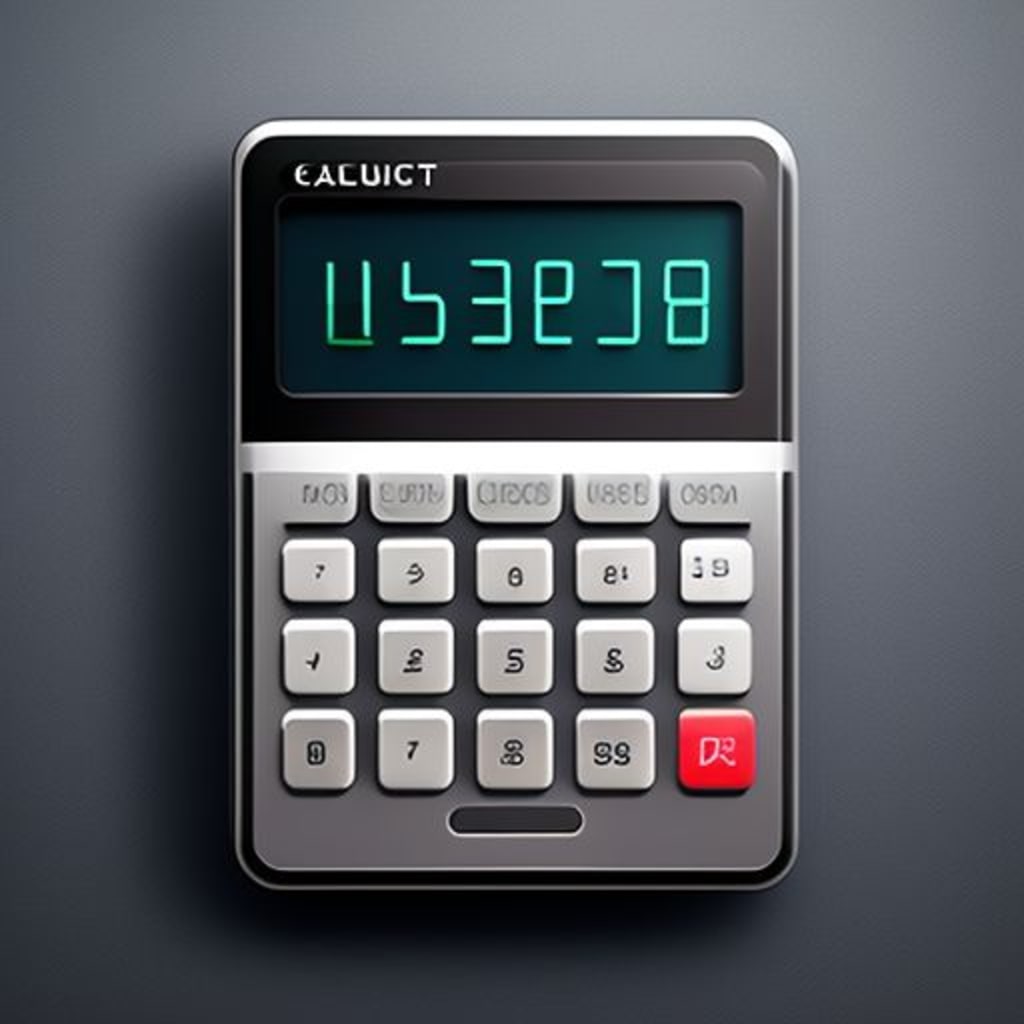Calculator Use at School
Pros and Cons of Using a Calculator

Calculators are an essential tool used in mathematics classes in schools all over the world. Despite being a powerful aid in computation, their use is often controversial in educational settings. While some argue that they reduce the ability of students to learn and solve problems, others believe that they provide significant benefits to both teachers and students. In this article, we will explore the pros and cons of using calculators in schools.
Pros:
Time-Saving: One of the primary benefits of using calculators in mathematics classes is that they save valuable time. Calculators can solve complex computations and long equations in a matter of seconds, which is crucial when time is of the essence. Teachers can use this extra time to introduce new concepts or conduct additional review sessions to further cement the students' understanding of the topic.
Error Reduction: By removing the need for manual calculations, calculators can also help reduce the risk of human error in mathematical equations. This is particularly important in courses that require a high level of accuracy, such as physics or engineering. When students can focus on the problem-solving process rather than worrying about arithmetic errors, they can better grasp more complex concepts.
Increased Accessibility: For students who struggle with basic arithmetic or have learning disabilities, calculators can be a valuable tool that allows them to participate fully in class. In addition, for students who have difficulty with handwriting or fine motor skills, calculators can be a welcome alternative to manual calculations. This increased accessibility allows for a more diverse classroom, where all students can actively participate in the learning process.
Preparation for the Real World: In many fields, including science, technology, engineering, and mathematics (STEM), calculators are an integral tool used in daily work. By introducing students to calculators in the classroom, teachers can help prepare them for future careers and real-world applications. In many cases, employers expect their employees to be proficient in the use of calculators, so it is essential to introduce this skill early on in the classroom.
Cons:
Dependency: One of the primary arguments against using calculators in the classroom is that they can create a dependency on technology. In some cases, students may rely too heavily on calculators, which can hinder their ability to perform basic calculations on their own. This overreliance can also result in a lack of critical thinking and problem-solving skills, which are vital in solving complex equations.
Lack of Understanding: Some educators argue that calculators can prevent students from developing a full understanding of mathematical concepts. In some cases, students may use calculators to simply "plug and chug" numbers, without fully comprehending the process of solving an equation. When students fail to understand the basic concepts, they are more likely to struggle with advanced problems, and the lack of a solid foundation may hurt them later on in their academic and professional careers.
Cost: Calculators can be a significant expense for both students and schools. For low-income students, purchasing a high-quality calculator can be a financial burden. Additionally, some schools may not have the budget to purchase calculators for every student in a class. The cost associated with purchasing calculators can often become a barrier to educational equity, where students are denied access to resources that they need to succeed.
Cheating: While calculators can be a valuable tool, they can also be used for cheating. Students can use calculators to store equations or formulas, or to perform calculations for which they are not authorized. This can be particularly problematic in standardized tests or exams. Cheating can be detrimental to students' academic and professional growth, and can lead to long-term consequences that extend
About the Creator
Emre Erkek
Abdullah Gul University
AGU-RAS (2022-2023)
AGU-UniBiotech (2022-2023)





Comments
There are no comments for this story
Be the first to respond and start the conversation.